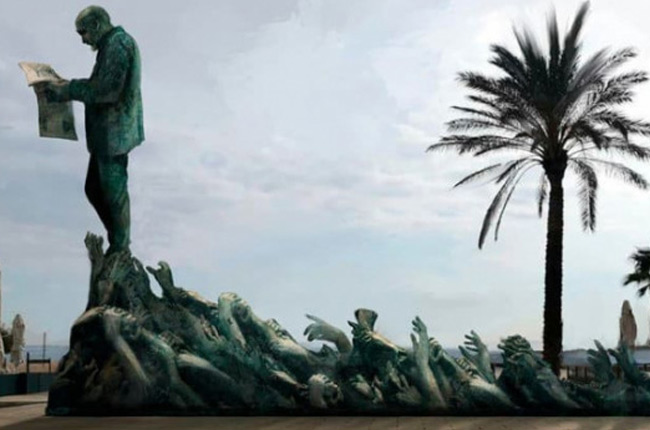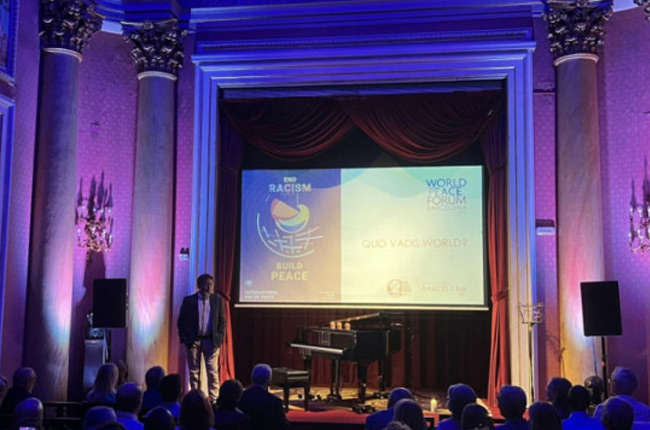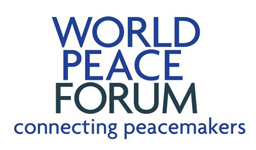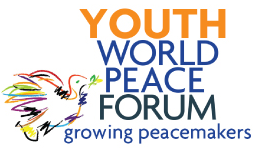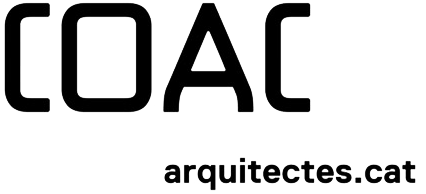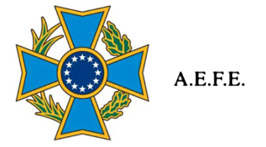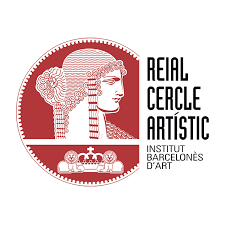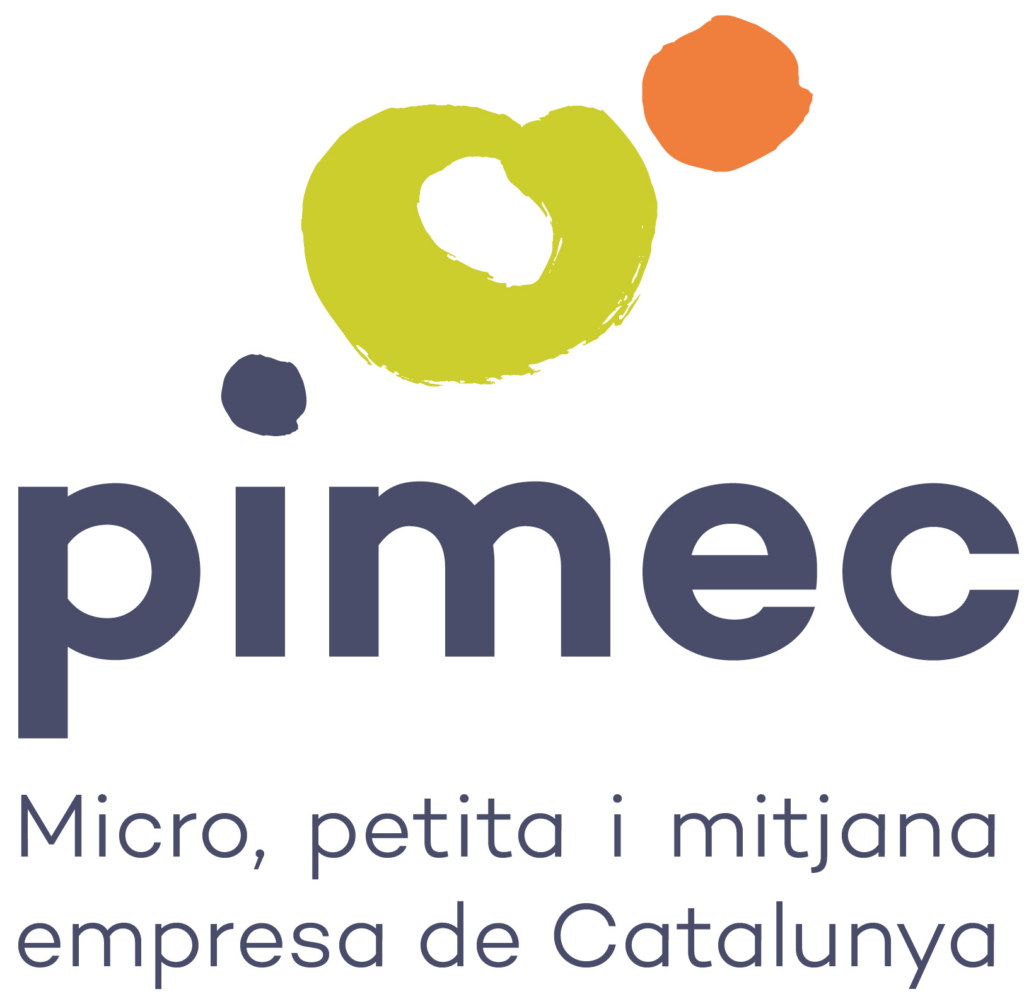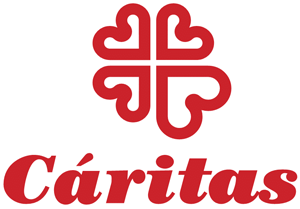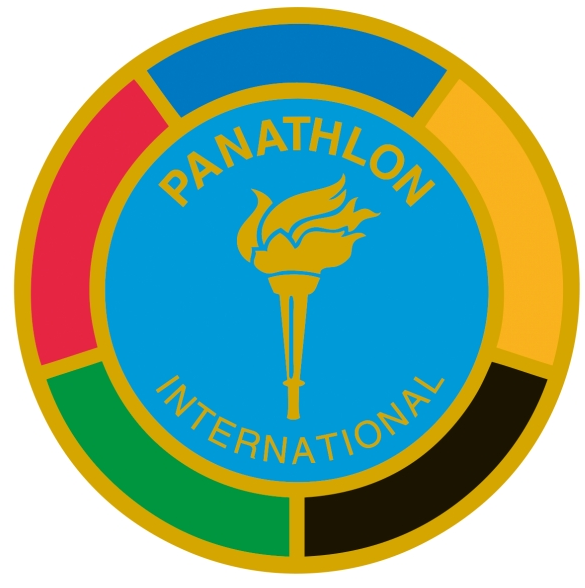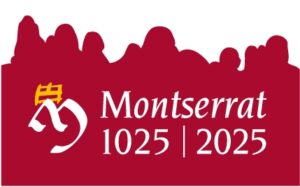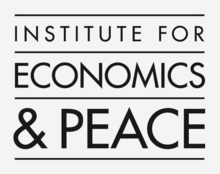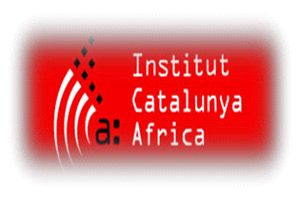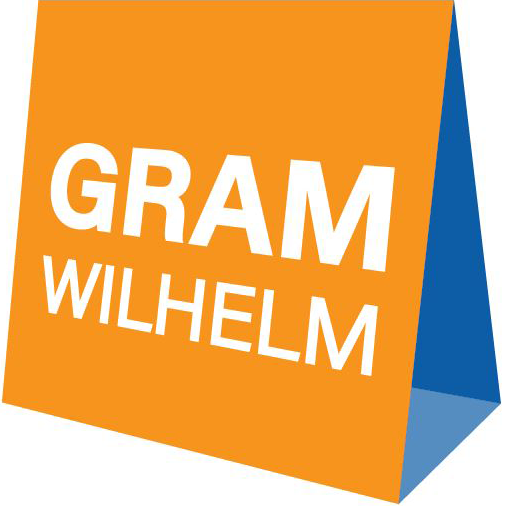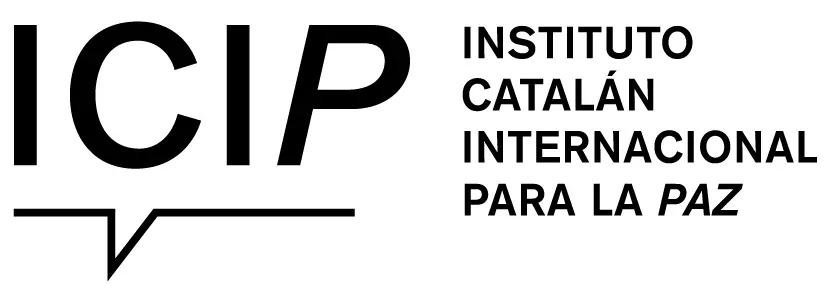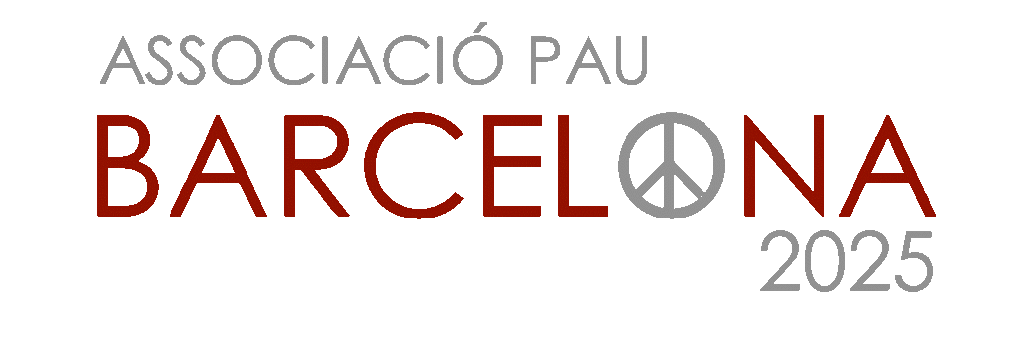Catalonia Talent, 21 September 2022
A design overlooked by the city council receives an award for devising a peace promenade that would stretch from Barcelona along the Mediterranean.
A fairly unknown proposal for a pacifist boulevard for Barcelona has just received international recognition that contrasts with the municipal indifference towards the initiative. Its promoters think that the project’s dossier will have ended up filed away in some drawer of Barcelona City Council: they presented it in 2014, in the last part of the Trias era. They claim that it was well received by the previous Convergente administration. They add, however, that they have not heard anything more about what the city council thinks since the Colau era began, seven years ago.
The approach consists of deploying what its creators call a Paseo-Camino de la Paz. As they describe it, it would be a kind of Hollywood-style walk of fame, but dedicated to Nobel Peace Prize winners instead of actors and pop stars. It would run along more than 5 kilometres of Barcelona’s seafront, from the Portal de la Pau to the Forum. It would be enough distance to pay tribute to all the Nobel laureates of the 20th century and the great wars of one of the bloodiest centuries in history in a circuit that could be covered in a couple of hours. However, the aim does not stop here: the promoters are also trying to spread signs of prize-winning pacifists beyond the city limits.
Like Barcelona City Council, the neighbouring towns of Sant Adrià and Badalona have for the time being ignored an idea which, for the time being, is a design with no commitment to become a reality. In any case, it has not taken the certainty that it will materialise for a European peace organisation to award it a distinction.
Premio a Luxemburgo
El grupo que ha ideado el proyecto, la Asociación Pau Barcelona 2025, recibió este viernes un galardón en Luxemburgo. La Schengen Peace Foundation -una entidad benéfica del pequeño país europeo- ha otorgado uno de los premios de la paz de Luxemburgo al hipotético bulevar que arrancaría en Barcelona con la intención de expandirse siguiendo la costa mediterránea, sin ponerse ninguna límite de longitud. El plan ha sido reconocido en la categoría que elige el mejor proyecto internacional de contribución pública a la paz.
The jury defines the Peace Walk-Path as a project of “international” scope and stresses that it “uses public space with the dual intention of offering recreational and cultural-educational activities”. If it becomes tangible, those responsible for the Luxembourg awards believe that it would become “a space for citizen participation and a world reference for peace”.
Signs and a route-making application
But what would this pacifist itinerary consist of? Its author and vice-president of the Pau Barcelona 2025 Association, urban planner Josep Cuéllar, explains that it would take the form of a series of signs placed “every 80 or 90 metres” along Barcelona’s seafront.
Each sign would identify a year and, with the help of an app and a system of QR codes, it would publicise the biography of the person who would have won the Nobel Peace Prize at that time. It would also disseminate the history of armed conflicts since the beginning of the 20th century from a pacifist perspective. If it were to take root outside Barcelona, the signs would be further apart. “Within a kilometre or a kilometre and a half”, Cuéllar calculates. A new landmark would be installed every 21 September, International Day of Peace.
“It all stems from a proposal to make the waterfront more dynamic, to make the public space more cultural and to recover a sense of pride in the city. We believe that we can position Barcelona as an international reference point for peace”, Cuellar argues. The president of the Real Círculo Artístico de Barcelona, Josep Fèlix Bentz, is the leading exponent of the organisation that proposes the creation of the Paseo-Camino de la Paz. “It could have a return for Barcelona with a different type of visitors”, he stresses.
A museum and three monuments
The promoters fill the Peace Trail with even more ingredients. On the one hand, they would like to see a museum dedicated to peace mission personnel open somewhere along the stretch. On the other hand, they show the outlines of monuments that would complete the route.
One of the sculptures would be a half-open door planted in the Portal de la Pau, the symbolic entrance to the route. A figure of its own has also been designed for Sant Adrià – based on the symbol of peace – and another for Badalona – on indifference. In addition, the promoters hope that the Paseo-Camino de la Paz will lead to the establishment of a distinction with which Barcelona will recognise activists and aid workers, and that schools will participate in the election.
They estimate that all this would cost around 2.2 million euros, an amount they judge to be affordable, although other much smaller investments struggle to make it through Barcelona’s budget each year. They assume that the idea could remain just a plan, without ever coming to fruition: “We are aware of this, but it is feasible, it does not require much public investment and it would have a return. An investment fund wanted to move it to connect the beaches of Ipanema and Copacabana [in Rio de Janeiro], but it is a Mediterranean project,” says Cuellar.
The creators say they have found it difficult to establish contact so far with Barcelona’s current municipal government. In any case, they stress that they want to avoid any criticism. “One way or another, we will collaborate”, predicts Cuéllar, who points out that the project is of civic roots, originated with the intention of giving meaning to the Forum. “Our attitude is open”, Bentz adds.
Host of a forum for peace
In addition to the award presented in Luxembourg, the Schengen Peace Foundation has chosen Barcelona to host the World Peace Forum in 2023. This is the event with which the foundation organises conferences on conflict resolution with academics, activists and political and religious leaders. The capital already hosted the World Peace Congress last October, organised by the International Peace Bureau and the International Catalan Institute for Peace.
Bentz maintains that the congress will be “an international showcase to position Barcelona in the defence of the culture of peace”. He points out that the organisation also wants to organise a world meeting of young people for peace in Barcelona the week before the event.
Thus, the Catalan capital has been chosen to host the World Peace Forum without the need for any public institution to present a candidacy. Pau Barcelona 2015 guarantees that the conferences can be held without the need for support from the administrations, although it is confident that they will join in.
In this sense, they indicate that they have been in contact with the Department of External Action and social organisations. They assure that representatives of the PSC in the municipal government have shown interest in meeting with them in the coming days.
On the other hand, Bentz hopes that the event can act as a lever in favour of the Paseo-Camino de la Paz. “It can be powerful in unblocking it,” he predicts. “We must be patient, it won’t be a short road, but the Luxembourg prize will mark a before and after,” Cuellar hopes.
Text translated by Deepl.com/Translator
https://www.totbarcelona.cat/cultura-i-oci/premi-bulevard-pacifista-209294/
